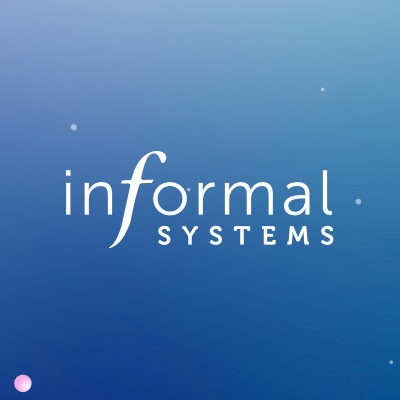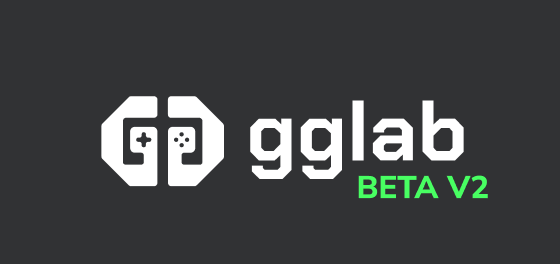
Openmesh is building a decentralized data infrastructure aimed at storing important global data without a middleman, starting with Web3 data.<br />
<br />
Openmesh Network is designed to collect, cryptographically store, process, stream and provide data connectivity for anyone, anywhere, anytime, without registration, licensing, or payments. Think of Openmesh as the internet's open data fabric. <br />
<br />
Over the last three years, the focus has been on Web3 data, covering cryptocurrency financial data, public blockchains, decentralized finance, and blockchain games. And for 2023 and 2024, we aim to expand our data coverage to public health and scientific research data. Openmesh is designed to safeguard billions of global data, transactions, historical records, and other essential data making it available to anyone. It grants everyone access and prevents interference by regulations, governments, corporations, and even its own creators. The possibilities are endless. <br />
<br />
Openmesh Unified APIs allow anyone to access data from anywhere, anytime without any restriction, registration, or license. The infrastructure developer tools like xNode allow developers to build their own decentralized data cloud with data connectivity, data APIs, query & analytics engines in minutes instead of weeks/months, and pay only for computing and storage, instead of licensing and setup fees. xNode enables 10-15 fold cost reduction for running and operating data clouds and saves over 95% of deployment times. <br />
<br />
Data scientists can use Openmesh’s open-source analytics applications like Pythia to design, build, and store their own crypto and Web3 data products. Pythia Search functions like Google, allowing you to ask anything and get answers instantly.<br />
<br />
All the tools and stacks are open source and available for anyone to build, innovate, and connect. All project roadmap, funding, and governance of the project are public and transparent. We see a world where data is out in the open, decentralized, and that benefits everyone, not just a chosen few. This isn't just about technology; it's about shaping the next 10-20 years of the internet, preserving democracy, and ensuring a free flow of information for generations to come.
Data
Infrastructure
📍 Sydney, Australia
✅ Remote 👨💼 11 - 50 Employees
💲 Pays in Crypto
Link Copied



























